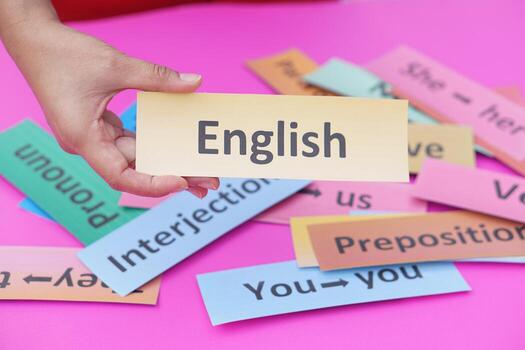Personal finance is an essential skill for ensuring financial stability and achieving long-term goals. Often, small changes in habits can lead to significant savings at the end of the month. If you want to learn how to save money practically and without compromising your quality of life, check out... 10 simple and effective tips to reduce expenses and optimize your finances.
1. Create a Monthly Budget
The first step to saving money is knowing exactly how much you earn and how much you spend. Create a detailed budget listing all your fixed and variable expenses. This will help you identify where you can cut costs and set realistic savings goals.
Bonus tip: Use personal finance apps to track your spending and stay in control of your finances.
2. Avoid Impulse Purchases
Impulse purchases can unnecessarily strain your budget. Before buying a product, ask yourself:
- Do I really need this?
- Is this item within my budget?
- Is there a cheaper alternative?
An effective technique is... 30-day methodIf you feel the urge to buy something non-essential, wait a month and see if you still want the item. Often, the desire disappears.
3. Cook More and Eat Out Less
Eating out and ordering takeout can consume a significant portion of your budget. Choosing to cook at home is a great way to save money.
- Plan your meals and make shopping lists.
- Cook in larger quantities and freeze portions for later use.
- Bring packed lunches to work or college.
In addition to saving money, this practice is healthier and allows for greater control over your diet.
4. Compare Prices Before Buying
Never buy anything without first comparing prices at different stores or online platforms. The same product can have significant price variations depending on where you buy it.
Useful tips:
- Use price comparison websites and apps.
- Take advantage of discount coupons and cashback.
- Expect promotions and clearance sales.
5. Reduce Energy and Water Consumption
Small adjustments to your daily habits can help lower your electricity and water bills:
- Turn off lights and electronic devices when not in use.
- Use LED light bulbs, which are more energy-efficient.
- Take shorter showers to save water and electricity.
- Avoid leaving appliances on standby, as they continue to consume energy.
6. Use public transportation or more economical alternatives.
Transportation costs can represent a large portion of your monthly expenses. To save money:
- Use public transportation whenever possible.
- Consider cycling or walking for short trips.
- Organize carpools with coworkers or friends.
- If you own a car, assess the maintenance, fuel, and parking costs to determine if it's still financially viable.
7. Eliminate Unused Subscriptions and Services
Do you really use all the streaming subscriptions, apps, and services you pay for? Review your recurring expenses and eliminate those that aren't essential.
Tip: Share streaming services with family or friends to split the costs.
8. Plan Your Grocery Shopping
Going to the market without a plan can lead to unnecessary expenses. Here are some tips for saving money on food:
- Never go to the supermarket hungry.
- Make a shopping list and stick to it rigorously.
- Opt for generic brands or cheaper alternatives.
- Avoid buying products that are not on sale or are not on the list.
- Buy items in larger quantities when they are heavily discounted.
9. Reuse and Repair Before Buying New
Instead of throwing something away and buying a new one, see if it can be repaired or reused. Many clothes, furniture, and electronics can be repaired for less than the cost of buying a replacement.
In addition to saving money, this practice also contributes to more sustainable consumption.
10. Have a Clear Goal for Your Savings
Having a purpose for saving helps you stay focused and avoid unnecessary spending. Set goals such as:
- Create an emergency fund.
- Traveling to a dream destination.
- Buying a car or a property.
- Invest to ensure a more secure financial future.
When there is a clear goal, it becomes easier to resist temptations and maintain the habit of saving.
Conclusion
Saving money doesn't mean sacrificing quality of life, but rather... to make more conscious and strategic choices In everyday life. With small changes in habits, it's possible to reduce expenses, increase your savings, and achieve your financial goals.
Whether it's controlling expenses, avoiding waste, or better planning your purchases, all these practices can transform your relationship with money. Start applying these tips today and see the difference in your budget!
If you enjoyed this article, share it with friends and family so that more people can learn how to save money in a simple and efficient way. 💰🚀





